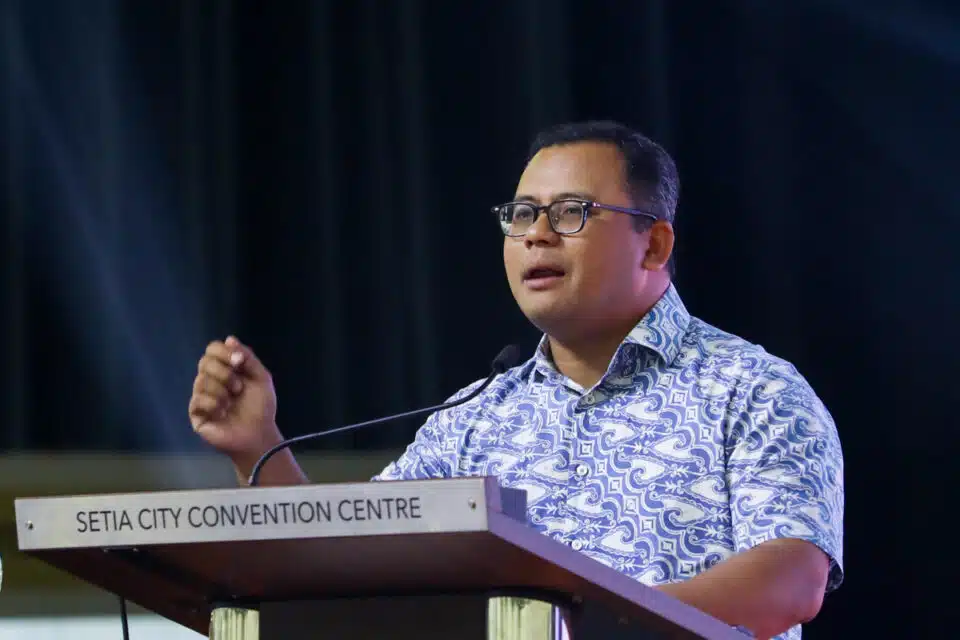SHAH ALAM, Oct 5 — The Selangor government is taking seriously the complacent or unconcerned attitude towards halal certification requirements among entrepreneurs in the state.
Menteri Besar Datuk Seri Amirudin Shari said data revealed most companies that received the Malaysian Halal Certification are owned by non-Malay and non-Muslim traders or entrepreneurs.
Despite various excuses, he said this attitude will ultimately disadvantage the entrepreneurs, especially when it comes to elevating their products to a higher level.
“To promote local products to a higher level, we need to understand the market context and how to navigate specific procedures such as halal certification, which is held in high regard globally.
“However, it is unfortunate that many of our entrepreneurs adopt a nonchalant attitude towards the halal certification of their products or businesses, believing that if the business is run by Malays or Muslims, they will naturally attract buyers,” he said when launching the Selangor Entrepreneur Expo (Selbiz) 2024 organised by the Selangor State Development Corporation (PKNS) here today.
Also present were the state executive councillor entrepreneurship Mohd Najwan Halimi and PKNS deputy chief executive officer (corporate) Suhaimi Kasdon.
Amirudin told a press conference later that issues related to cost and willingness have been identified as factors why entrepreneurs do not take halal certification seriously.
He said costs or administrative concerns should no longer be an issue, as the Malaysian Islamic Development Department (Jakim) and relevant authorities have addressed these matters by introducing online application methods and reducing the approval time for certificates and feedback.
Amirudin said the issue of willingness could be resolved if entrepreneurs were given more clarity, especially about the improvements in the application process, approval period and certification, which are often perceived as lengthy, complicated and burdensome.
“This is one of the reasons why entrepreneurs are hesitant to pursue halal certification, as they believe it involves a meticulous and detailed process, requiring extensive data on the sources of their products.
“However, entrepreneurs must understand that without this level of detail, our halal certification would be weak. It is precisely this thoroughness that makes Malaysia’s halal certification highly respected globally and in the business market,” he said.
Amirudin added that the state government, through entrepreneurial development agencies like PKNS, will continue to provide training to prepare entrepreneurs for a ready-to-halal status, alongside continuous reminders and awareness about the necessity and importance of obtaining halal certification.
— Bernama





